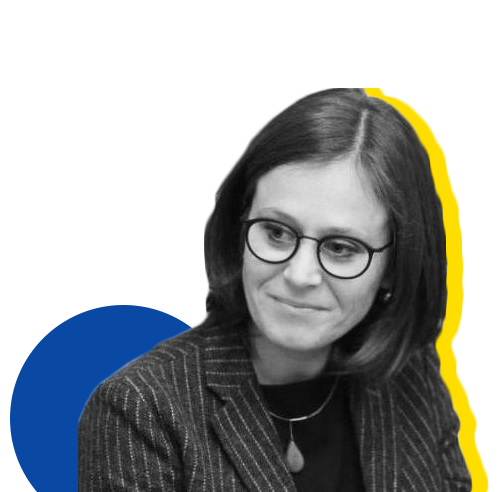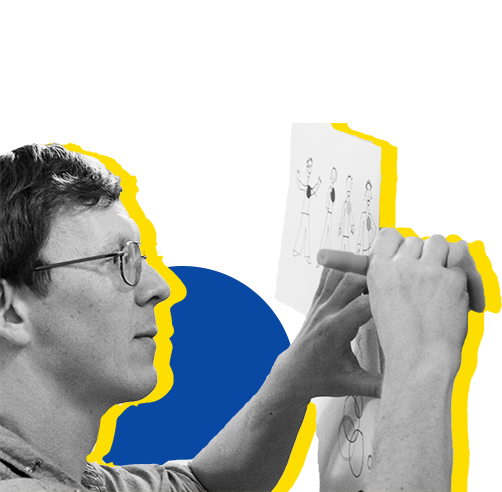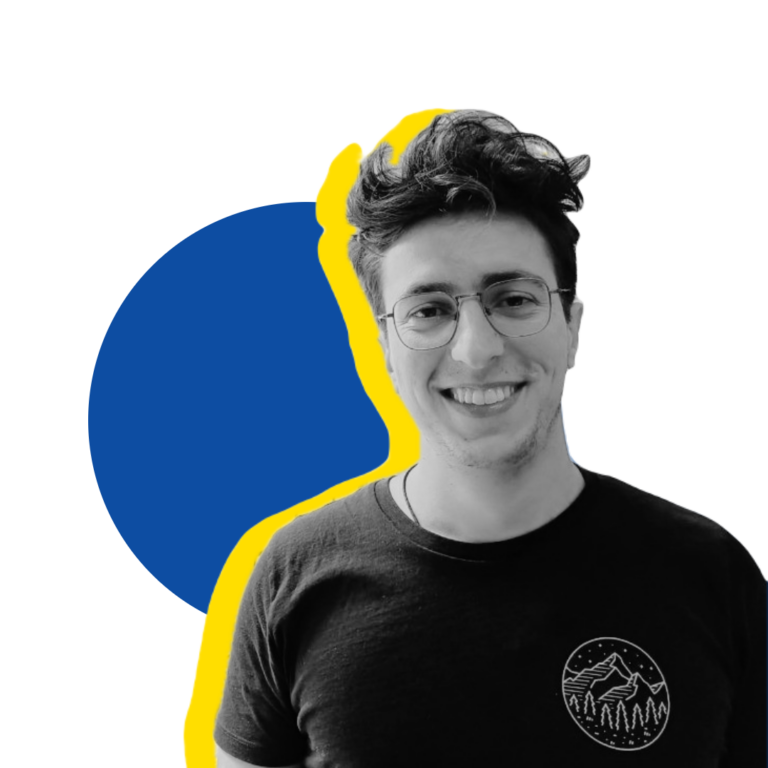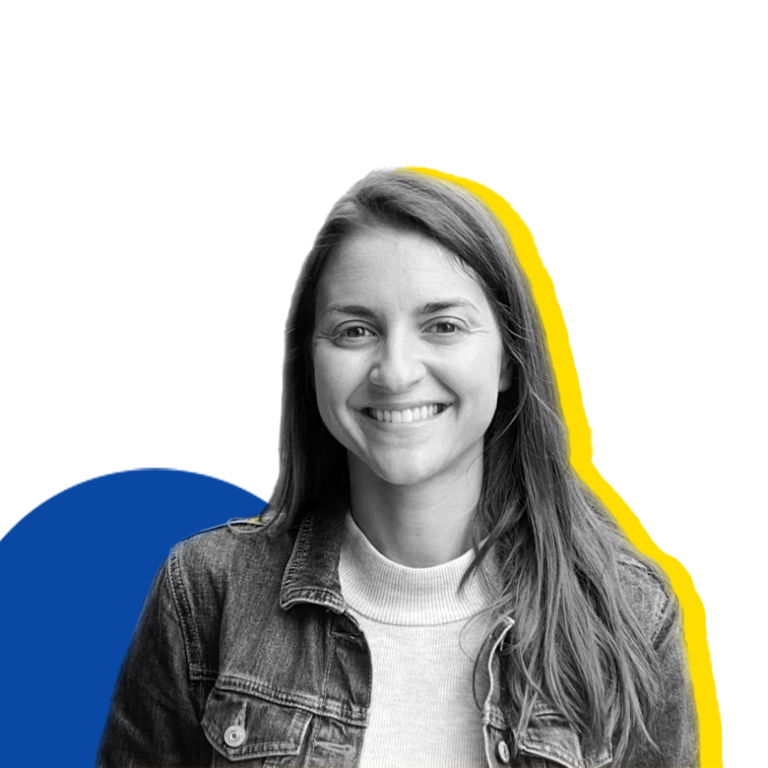Co-creation for Engaged Research
Our co-creation training explores participatory methods that empower researchers, citizens, and stakeholders to shape science together through dialogue, collaboration, and shared ownership.
DATE:
2021-07-05
TIME:
17:00
About the programme
This training is ideal for researchers, research support staff, science communicators, and anyone involved in designing or facilitating public engagement with research. Whether you’re new to participatory approaches or looking to deepen your practice, this modular course provides practical tools, critical insights, and space for reflection.
This workshop series is led by the Stickydot team who have a wealth of expertise in facilitating dialogue and participatory processes around research and innovation, on and offline. The modules draw on existing good practices and theory both within our sector and further afield. They are dynamic and interactive, ensuring plenty of time for discussion and sharing of experiences.
What will you learn?
- Who and How to engage
Understand how to identify relevant communities, map stakeholders, and choose engagement formats that match your goals and context.
- What’s in it for citizens
Explore how to create meaningful participation where citizens contribute, shape outcomes, and gain value from the process.
- Co-design, co-creation & co-assessment
Demystify the differences between these approaches and discover when and how to apply each method across the lifecycle of a research project.
- Roots & history of public engagement
From science communication to dialogue and deliberation, gain perspective on how public engagement has evolved throughout the years, and why it matters today.
- Audiences & Inclusion
Learn how to design inclusive processes that reach beyond the usual voices. Learn how to recognise and reduce barriers to participation.
This training is available on demand. It can be tailored to the needs of specific organisations and can shrink or extend in time and content as required.
Interested to chat with us and explore an idea further?
Don’t hesitate to send a quick message to info@stickydot.eu and schedule a short half-hour call with us, at your convenience.



